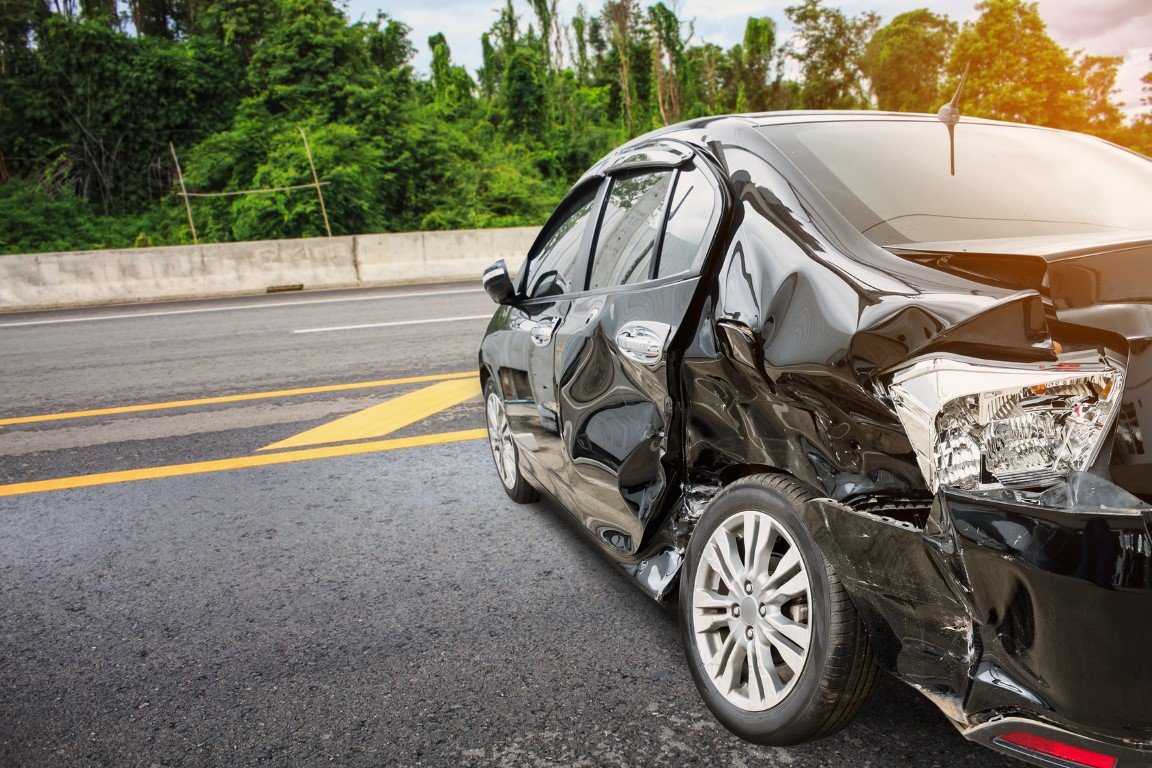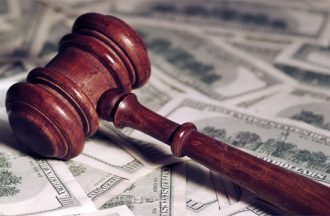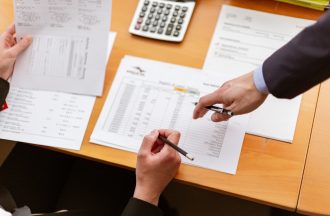
No matter how careful you are while driving, there’s a probability that you’ll get into a car accident at least once every 18 years. This accident can be very minor with no casualties or injuries inflicted, but some accidents can be much more serious. Since it’s always better to be safe than sorry, and regardless of whether the accident was your fault or resulted from the negligence of other parties, you should be aware of the actions you need to take following a car accident. Not only can these tips save your life and the lives of those around you, but they can also be crucial in preserving your rights and getting you the compensation you deserve.
Here’s a list of actions that need to be taken following a car accident:
Check For Injuries
Regardless of the severity of the accident, your main priority should be to check for injuries. Even if you think the accident was minor, it can result in certain injuries for passengers who weren’t wearing seatbelts.
In case the accident was severe, the main priority should be to assess the damage done and perform first aid as soon as possible. For starters, 911 should be called immediately. Meanwhile, the individual who’s suffered the least damages and is able to function properly should take charge and assess the situation of fellow passengers. The first rule of first-aid is to check for ABC.
- Airways – if there’s something stuck in the airways blocking their ability to breathe.
- Breathing – if they’re unable to breathe, then mouth-to-mouth resuscitation should be performed.
- Circulation – if their heart stopped beating, CPR should be performed.
However, care should be taken when it comes to spinal injuries. If the injured person can’t feel their limbs or is unable to move, they shouldn’t be moved until help arrives. If there are any open wounds, they should be compressed with a piece of cloth that’s never removed until help arrives. Moreover, don’t try to take out any sharp or embedded objects piercing the skin.
Preserve the Scene
Next, you should focus on the scene of the accident. Unless the accident is causing major traffic problems, the scene shouldn’t be changed or tampered with under any circumstances. To preserve the scene and avoid any more crashes from occurring, make sure to turn on the flashers and light up flares if you have any.
Document the Accident
Next, you should start documenting the scene to make sure you have all of the evidence you’ll need later on. This step is crucial to gather all of the information you’ll need once you start building your case, which you’ll need to present both if you decide to file for damages against the other party or if you decide to file a claim for your insurance company.
To document the scene, you should take the following steps:
- Call the police. Make sure to get the name and badge number of all officers once they arrive. You should also get a copy of the report they’ll create for the accident, which you’ll be required to present to your insurers.
- Document the scene of the accident to the best of your ability by taking pictures and recording videos. Make sure that the footage you take is well-lit, and take pictures from different angles. The pictures you take should cover all damage done to your vehicle as well as any injuries you or any of your passengers have suffered.
- If there were any witnesses at the scene, talk to them and ask them about what they saw. Make sure to document their testimonials, and ask them whether they’d be willing to testify in court. If they are, make sure to take their names and contact information.
Exchange Information
You should make sure to exchange information with the other party, or parties, involved in the car accident. While you’re waiting for help to arrive, ask the other parties for the following information:
- Full name
- Contact information
- Insurance company
- Policy number
- Driver’s license
- License plate number
- Type, color and model of the vehicle(s)
- Location of accident
Contact Your Lawyer

Even if it feels like it’s not the time, you should contact your lawyer at the scene of the accident. Your lawyer will give you useful advice regarding what should be done on the spot, turning your attention to crucial steps that need to be taken. For instance, an experienced lawyer will tell you that you should never admit to fault or negligence, as anything you say can and will be used against you. They’ll also alert you to the possibility of the other parties tampering with the scene.
In addition to giving you advice on the scene of the accident, a specialized lawyer will help you in calculating the right compensation for the damage you’ve suffered especially when it comes to severe injuries; a spinal injury lawyer will know the accurate compensation that different spinal injuries demand. They’ll use their expertise in estimating the value of the special damages you’ve suffered, which are usually tricky to calculate. They’ll add them to the general damages you’ve suffered, such as property damage, medical bills, and lost wages.
Inform Your Insurance Company
Your insurance company is going to know about the accident sooner or later, so it’s better to come from you. Depending on the kind of state you live in, the other party can be fully or partially responsible for compensating you for your damages in at-fault states, or your PIP coverage can kick in and cover your expenses in no-fault states.
Get a Medical Check-Up
Even if you feel like you’re okay after the accident, you should get a medical check-up as soon as you can following the crash. Some injuries will only become apparent hours or even days after the accident. On the other hand, some injuries may fade away and start healing, so you should get them documented as part of the evidence you’re collecting.
Getting into a car accident can shake you to the core. There are many complications of car accidents that can result in personal injury, property damage, or both. That’s why it’s important to understand the actions that need to be taken following an accident, as this knowledge may save your life one day.








